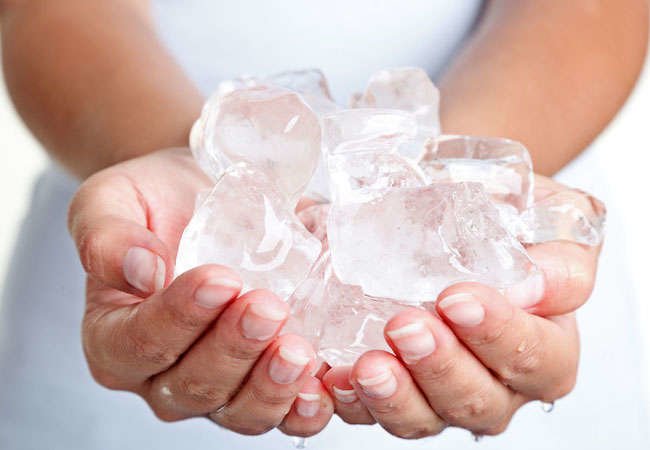We may earn revenue from the products available on this page and participate in affiliate programs. Learn More ›
Erase Carpet Dents

So you’ve decided to rearrange the furniture, and now you’re left with a bunch of ugly carpet dents where the furniture legs formerly stood. To easily and quickly remove those imprints, place an ice cube in each dent and let it melt. Then, use your fingers or a soft brush to fluff up the carpeting. Once the surface dries, nobody will know the dents ever existed!
Related: 10 Ways to Renew Old Wood Furniture
Smooth Out Wrinkles
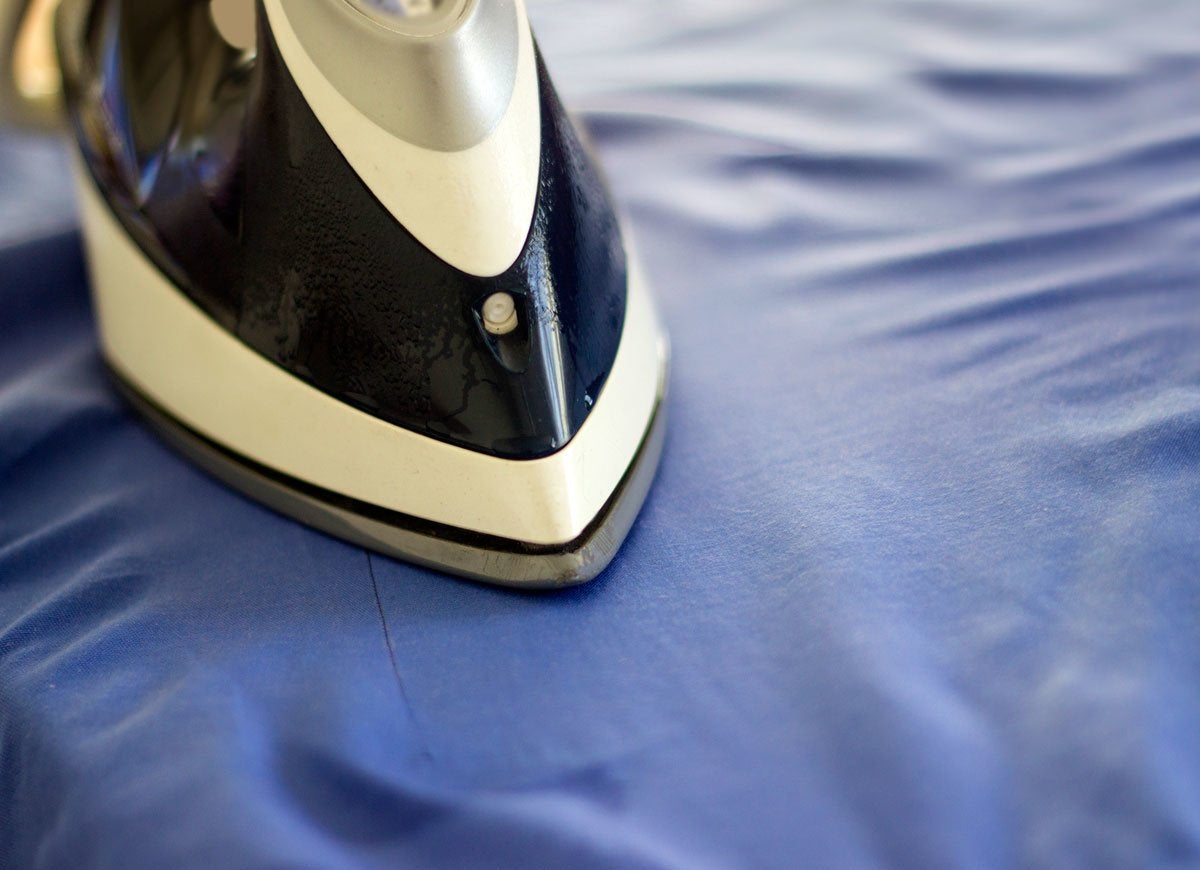
Don’t fret over wrinkles on your clothes. For smooth fabric at a moment’s notice, wrap an ice cube in a soft cloth and rub it over the wrinkles. Once the wrinkles are slightly damp, iron them dry—and head right out the door afterwards!
Eliminate Fabric Stains
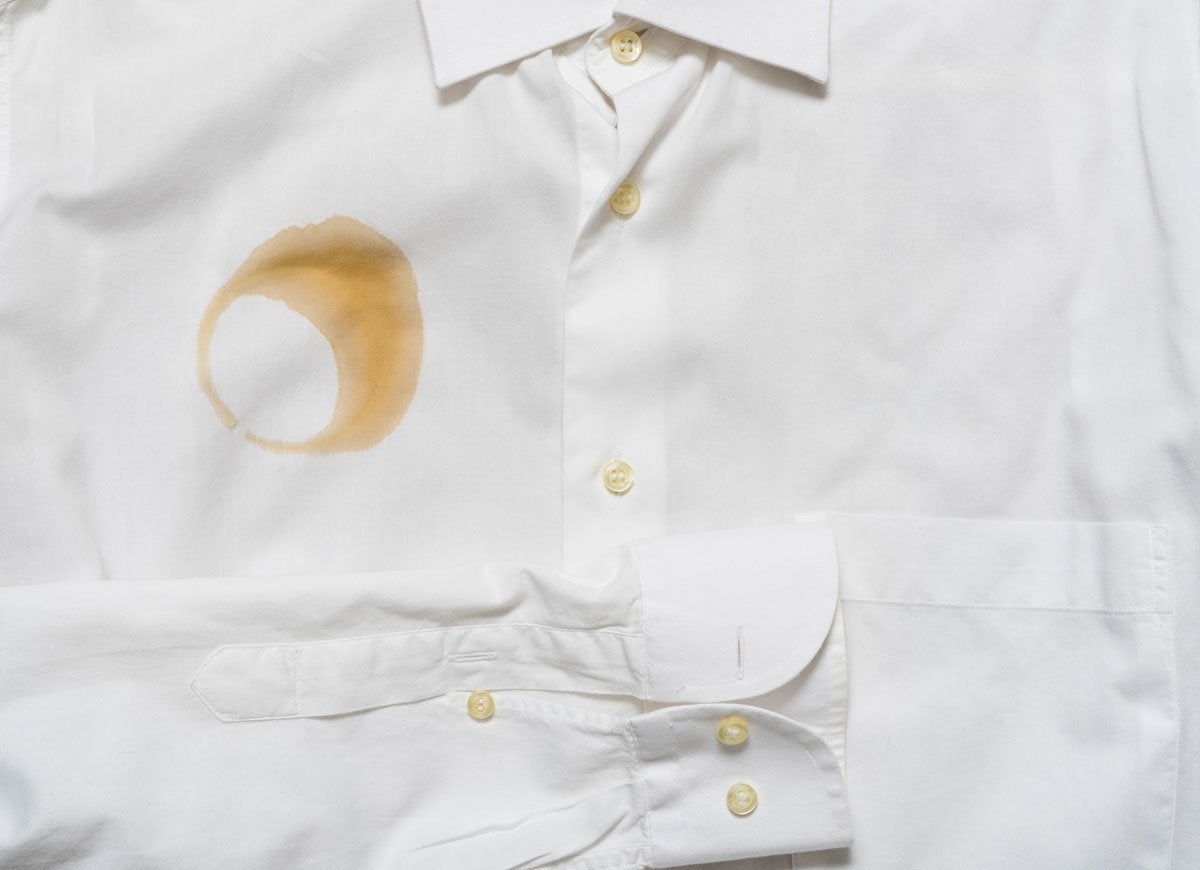
Conventional wisdom has it that immediately after spilling something on your clothing you should dab cold water on the stain. Ice cubes, however, are even better at preventing a stain from setting. As soon as you notice a splatter, hold an ice cube on the spot for several seconds, then dab with a clean paper napkin; repeat as needed. Another benefit: As the ice can be applied to one concentrated area of fabric, you won’t get water all over the rest of your garment.
Clean Up Sticky Messes

Here’s one of the oldest ice-related tricks in the book: Use ice to remove sticky chewing gum from clothes, carpets, and table linens. Simply rub an ice cube over the gum until it freezes and hardens, then scrape off the residue with the edge of a spoon. Repeat, if necessary, until all traces of gum are gone. This technique also works well at removing candle wax from carpets and fabric.
Solve Garbage Disposal Woes
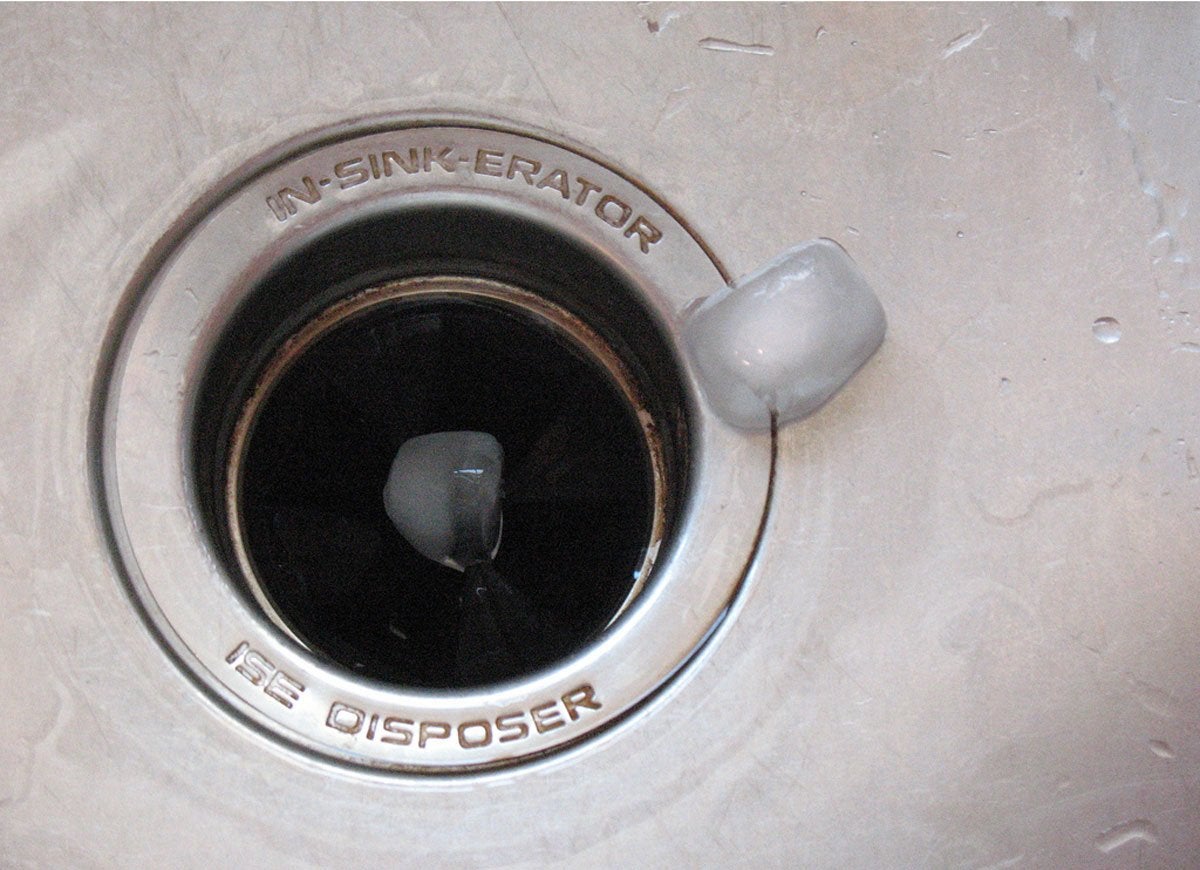
If your garbage disposal seems a bit sluggish, a buildup of grease and debris in the grinding mechanism may be to blame. Solve the problem by pouring a handful of ice cubes into the disposal and grinding them up. The frozen water will lubricate the mechanism and loosen the grease. While you’re at it, eliminate any less-than-pleasant odors emanating from the disposal by grinding up a half cup of baking soda or some lemon rinds along with the ice.
Hydrate Your Houseplants

Hanging houseplants can be a hassle to maintain, especially if they’re located high off the ground. Instead of balancing on a step stool to water the plants, toss a few ice cubes onto the dirt. The ice will slowly and effectively hydrate your greenery as it melts. This strategy works especially well for sensitive plants that don’t like a sudden deluge, such as orchids and African violets. You can also try adding ice cubes to your Christmas tree stand—unlike liquid water, the ice won’t overflow onto your decorations and gifts.
Ease Splinter Removal
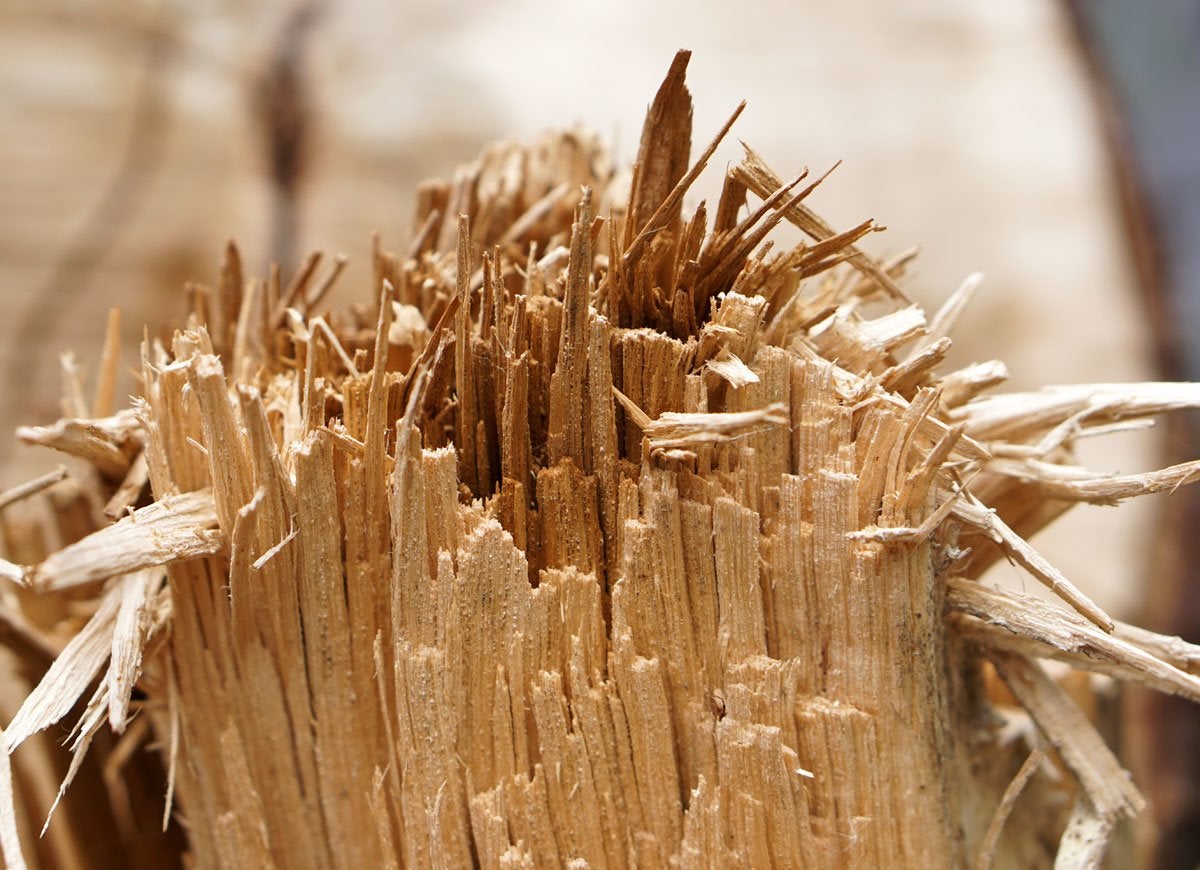
Anyone who works with wood knows the annoyance of a splinter—and the pain of removing it with a needle or tweezers. Use an ice cube to numb the area around the splinter to make the removal process less painful.
Soothe Burns, Blisters, and Bruises
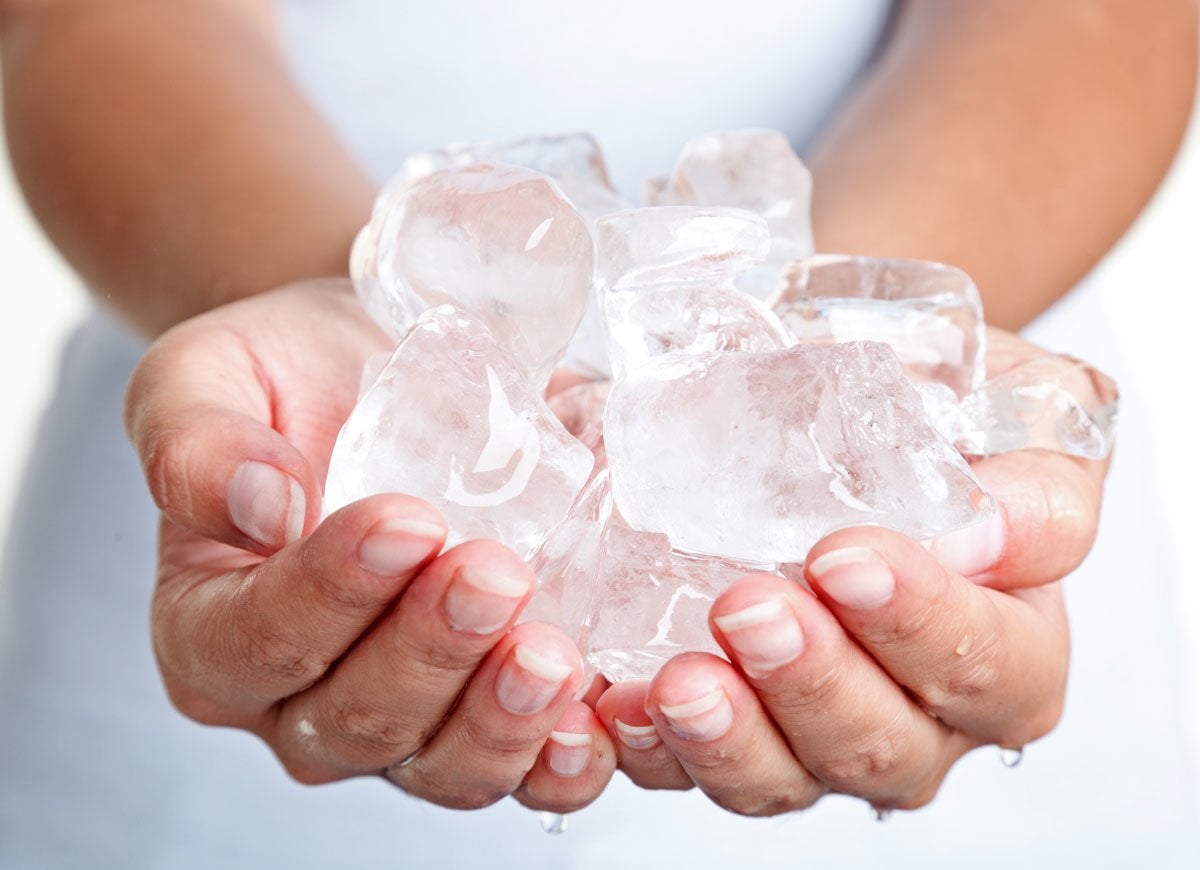
Applying an ice cube to burned skin can help prevent further damage and decrease the chances that a painful blister will form. Simply rub an ice cube over the burn for 10 to 15 minutes, as soon after the injury as possible. Similarly, ice cubes can minimize bruising at a point of impact because the cold helps constrict blood vessels. Wrap the ice in a soft cloth or an old T-shirt, place on your bruise for 15 minutes, and repeat the application every hour or so.
Even Seams When Caulking
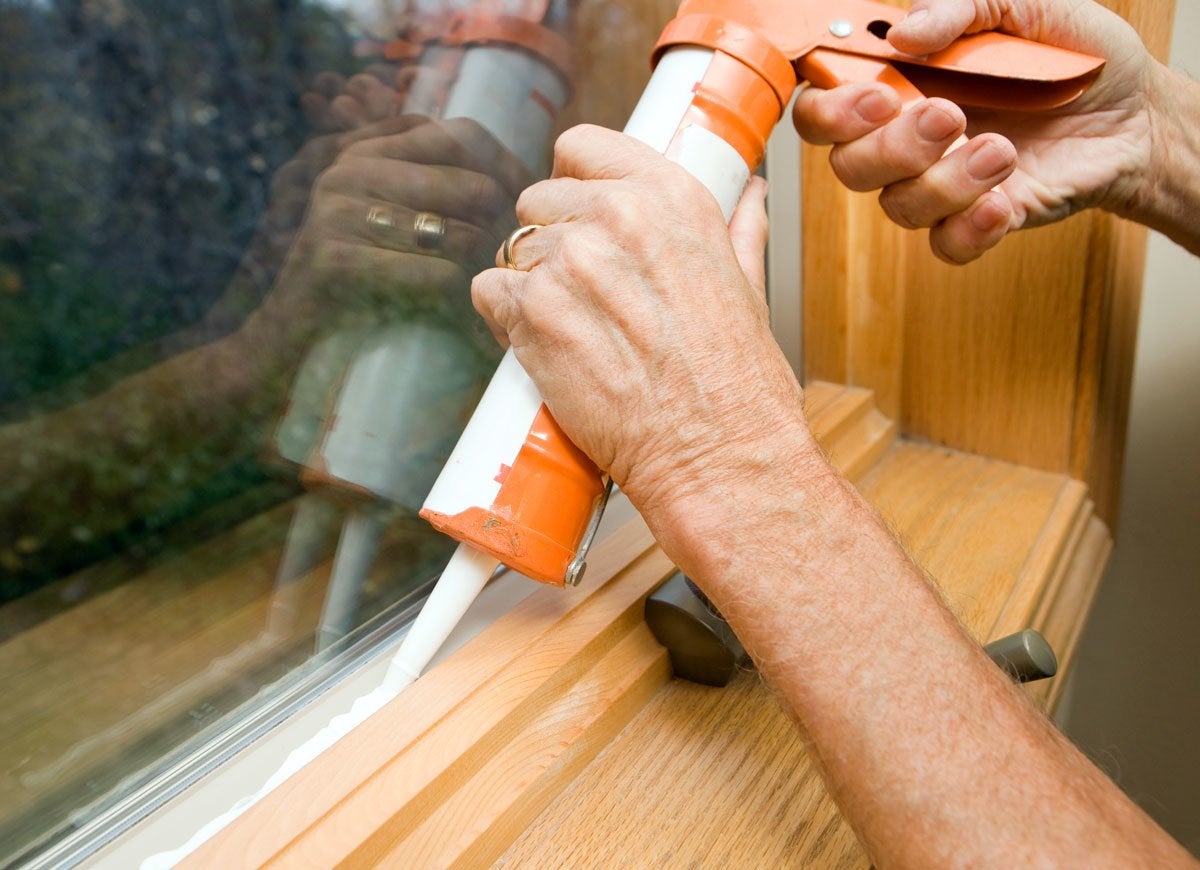
Caulk can become a sticky mess when you try to smooth a seam with your fingertips, leaving you with an uneven and untidy job. Use an ice cube to smooth the bead of caulk
instead; the caulk won’t stick to the ice, and you’ll end up with a professional-looking seam.
Make a DIY Air Conditioner
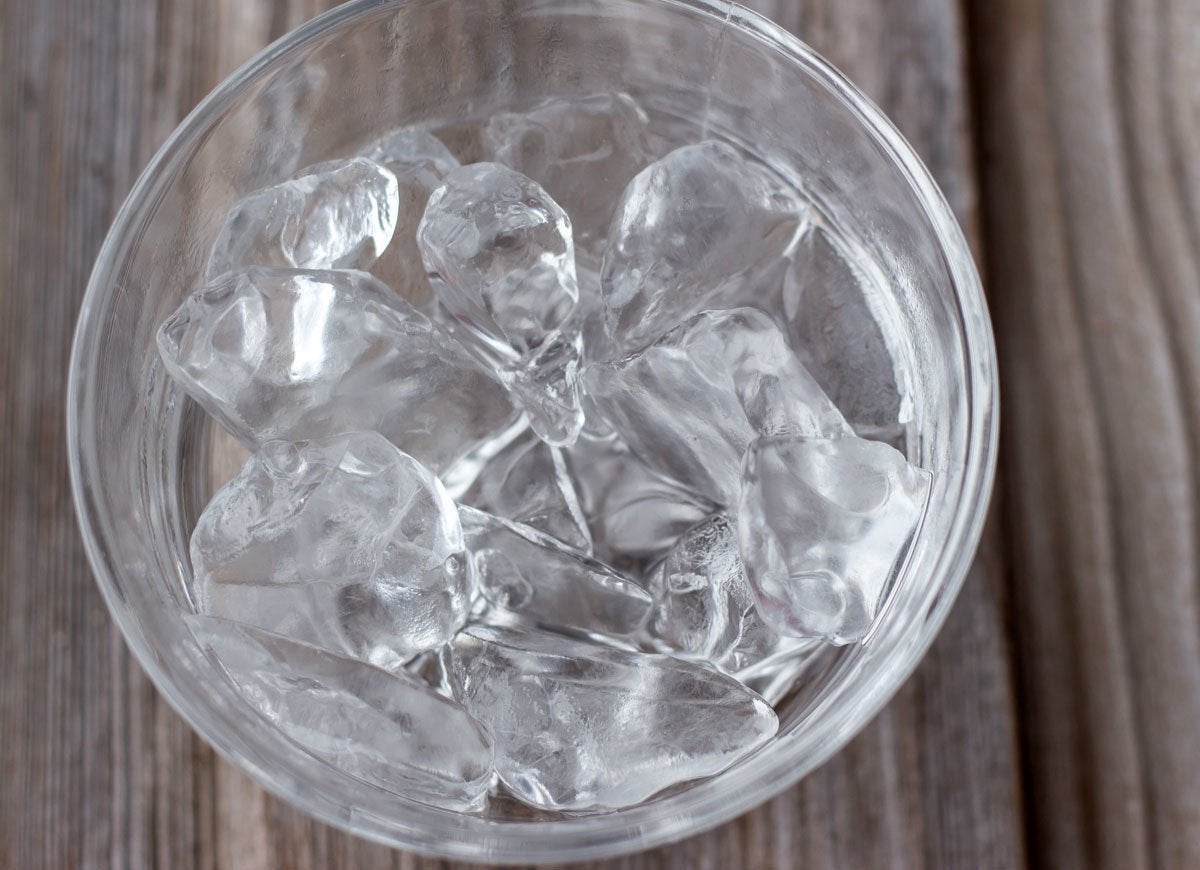
Cool yourself down with nothing more than a bowl of ice cubes and a portable fan! Put a bowl full of ice cubes on a table, position the fan so the air is blowing across the cubes, and enjoy the cool, refreshing breeze. Once the ice melts, you can refreeze the water in the bowl for another round of DIY air conditioning.
Clean Your Vases and Glassware
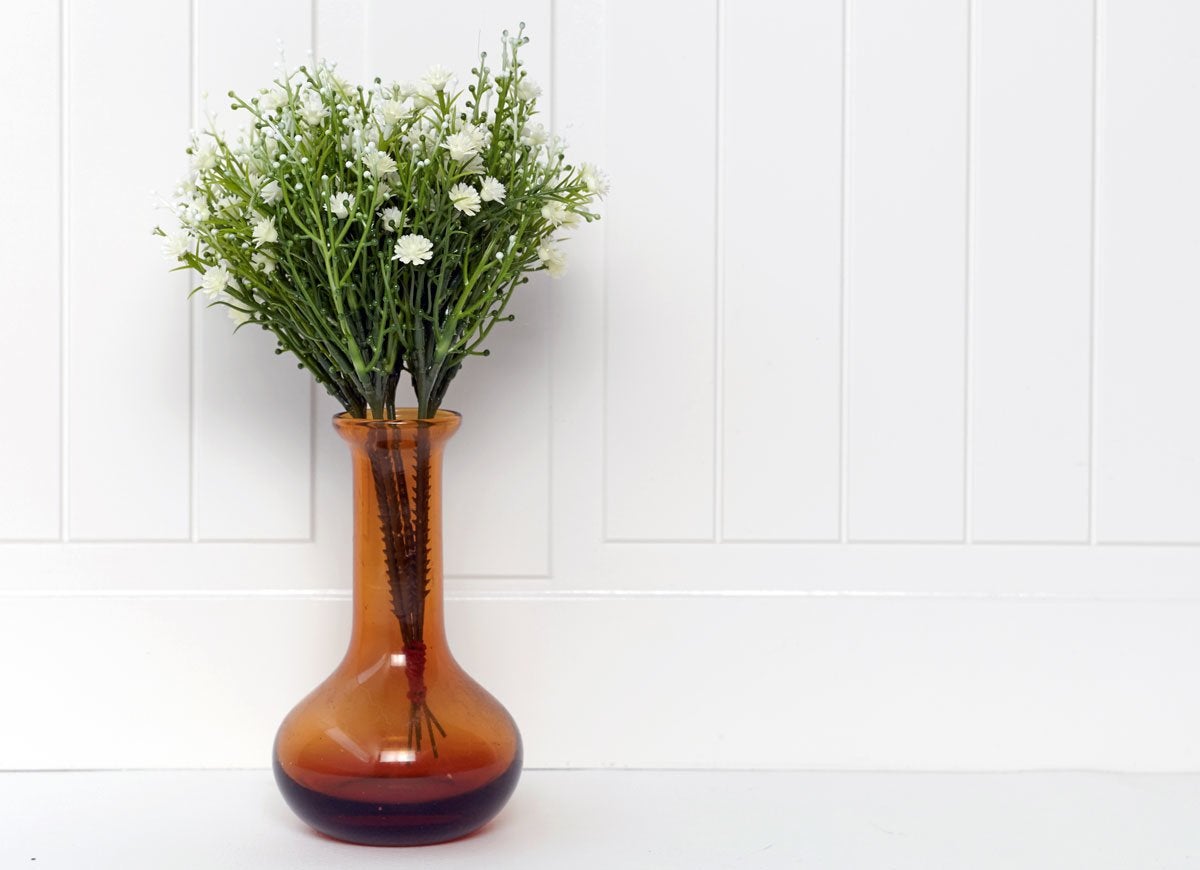
Coffeepots, carafes, vases, bottles, and decanters are notoriously difficult to clean—especially if they have long, slender necks. For an easy way to clean these glass pieces, place ice cubes, coarse salt, and lemon juice in the vessel. Vigorously swirl the mixture for a few minutes to remove all the built-up gunk in the bottom of the container. Repeat the process as needed to keep your glassware sparkling and shiny.
Reheat Your Rice Right
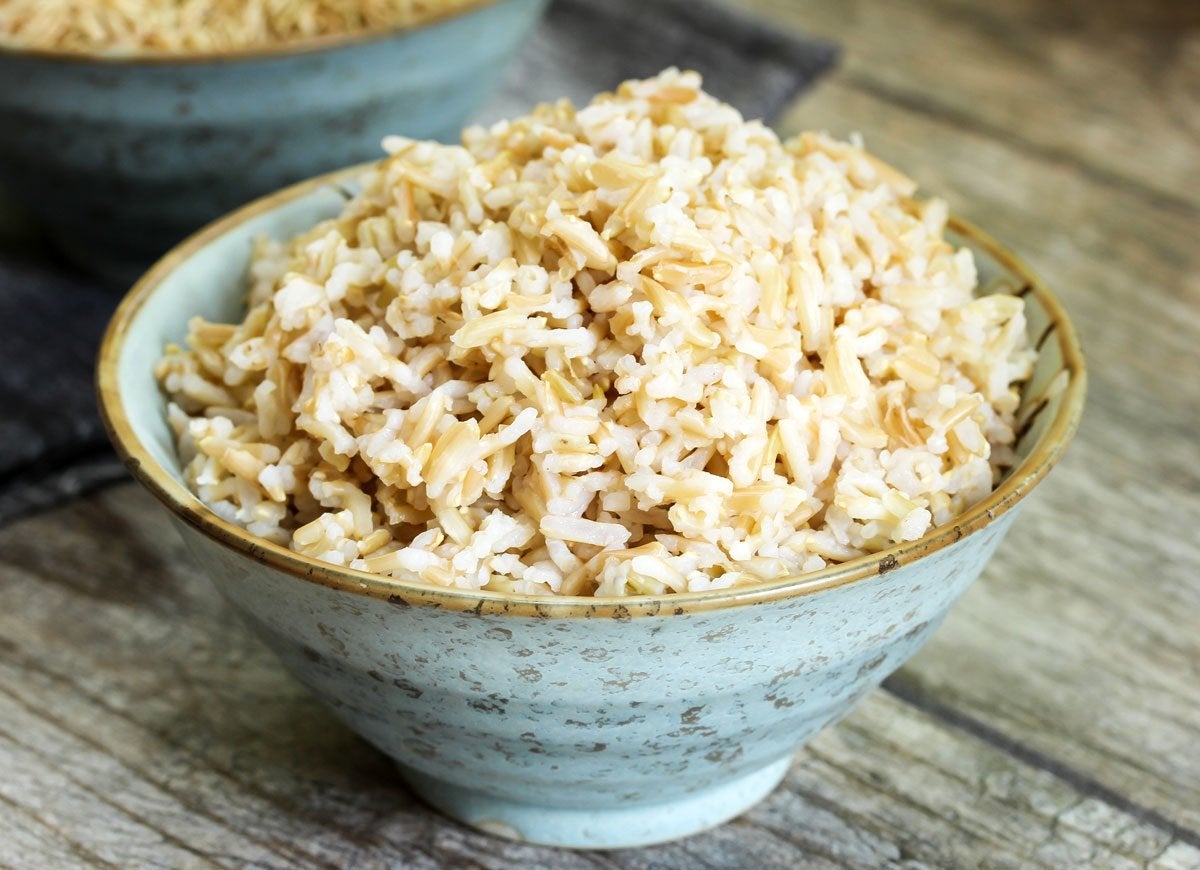
Warming leftover rice in the microwave can leave you with a crunchy, dry, and tasteless dish. Ensure delicious reheated rice by placing one or two ice cubes on top of the grains before microwaving. The ice will melt as the rice reheats, preserving moisture and keeping the rice fluffy and appetizing.
Remove Excess Fat from Soups and Stews

Removing excess fat from soups, stews, and gravies often proves a difficult task. Skip the fat separator or skimmer and use ice instead! Fill a metal ladle or stainless steel bowl with ice, and skim it across the top of the liquid in the pot. The cold metal will cause the fat to congeal and cling to the bottom of the bowl or ladle, allowing it to be scraped off and discarded.

Everything You Need for a Lush and Healthy Lawn
Keeping your grass green and your plants thriving doesn’t just take a green thumb—it starts with the right tools and supplies.

